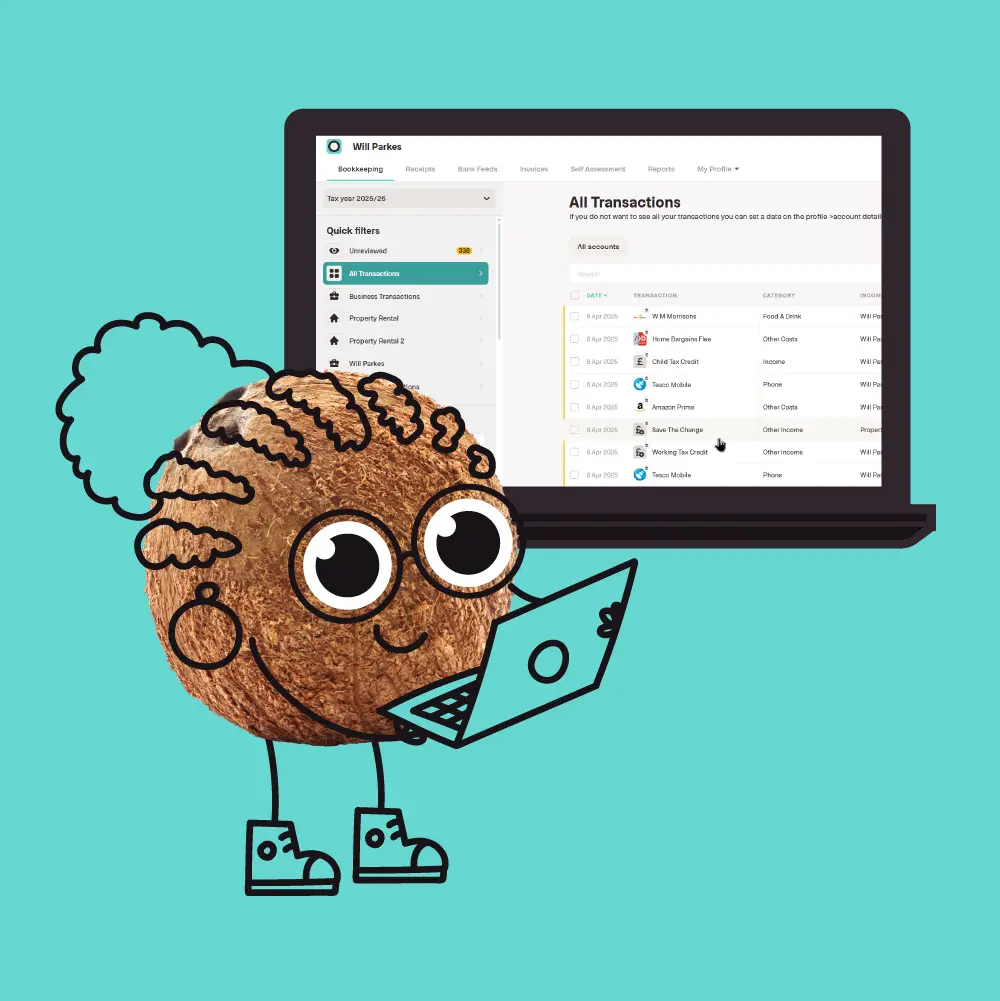Have you ever felt like you don’t really know what you’re doing and been worried that someone might find out? You’re not alone.Katy Carlisle from Freelance Folk looks at how this affects people who are self-employed, and discovers what other freelancers do when they’re doubting themselves.

Often referred to as 'imposter syndrome', this sense of being a fraud is actually very common. Whilst it can happen in all walks of life (parents probably experience this a lot) it does seem to be something that particularly affects freelancers.Being self-employed is amazing, but it’s hard, and imposter syndrome can have a big impact. Deciding what to charge is a massive debate amongst freelancers and if you’re not confident in your abilities then you’re probably going to sell yourself short. You might miss out on opportunities because you doubt whether you can deliver the right results.
Why is it that so many of us feel this way?
To start with, when you’re employed, you get regular reviews with feedback on your performance (subject to having a decent line manager) whereas for the self-employed, this is generally not the case. Yes, client input can be helpful, but it isn’t the same as someone supporting you and checking in with progress against your goals or the wider aspects of your role. And for many of us, sharing our worries or concerns with a client wouldn’t be that appropriate!With the rise of the so-called slash workers, people starting their own businesses are often switching industries or starting to monetise a skill that was previously just a hobby. You might have gained a raft of qualifications in your accountancy job but now you’re making artisan crafts there’s less external recognition of your abilities, and this can make you doubt yourself.It does also feel very different when you are your brand; even if you’re set up as a limited company with a business name, it’s still ultimately you that people are buying into. That can be scary! With a job, most people have one or two interviews but then you get that external validation when they offer the role to you. As a freelancer, you’re effectively going through the interview process whenever you get a new client, but each time they may want something slightly (or even radically) different from you.That’s the challenge with imposter syndrome; you don’t just experience it once before it disappears, never to be heard from again. Nope, it keeps on popping up every time there’s new skills or knowledge required. When you reach the edges of your comfort zone, it’s there, waiting for you!
So what can you do to overcome imposter syndrome?
- I.T. engineer Helen Ryles suggests keeping a “thank you” folder so it's easy to read through all the nice feedback you get. Then when you’re feeling like a bit of a fraud, take a look at the comments to bring on the warm and fuzzy feels.
- Trainer and business coach Michelle Pratt also suggests this technique on the 99 Problems (but a boss ain’t one) podcast. Having a mentor or coach like Michelle can be incredibly helpful, as it’s often easy to forget the progress you’ve made when you’re focused on the day-to-day running of your business. Setting aside time to look back and celebrating your successes then helps you to realise how much you have achieved.
Looking at what you’ve enabled clients to achieve too can be a particularly effective reminder if you’re ever feeling like an imposter.
- Freelance developer Paul Waring just has to look at the amount of money (tens of millions) which flows through the systems he’s built, although sadly it doesn’t go directly to him!
- Virtual assistant Sadie Finch also takes a client-focused approach by looking back at the invoices she’s sent over the past two and a half years, which helps her to remember that they’ve all been happy paying clients, so she must be doing something right!
- Similarly, social media specialist Beki Smith looks over her monthly reports or insights to see the impact she’s having on her clients’ businesses.
- Personal development and career coach Julie Crowley reminds herself about the lives that she’s made a positive difference to with her services. She also keeps her CV updated with the project achievements and skills that she’s developed over time, both formally and casually.
- Instagram coach and trainer Katya Willems finds reflection helpful when trying to tackle imposter syndrome. For her, keeping a journal helps to provide a perspective on her self-doubt and removes its power. “I try and notice when I’m allowing myself to think in a self-sabotaging way”, she explains. Observing when these thoughts creep in allows her to check if there’s even any evidence to back up the self-doubt, and according to her, “I’m usually dramatising!”
If you can’t seem to shake the feeling of being an imposter...
There are still ways to prevent it from holding you back. The first option is to fake it ‘til you make it.Adopt the Wonder Woman power pose and let’s do this; you might not quite believe in yourself, but nobody else needs to know that. Even if you’re not sure that you have the ability to deliver a piece of work, you can generally either spend more time acquiring the relevant skills, or outsource the relevant tasks to someone else. Knowing that you have these options available can take the pressure off, and in fact you’ll probably end up doing an amazing job compared to someone who is blasé about the project. Worrying means you care!However, if you are experiencing imposter syndrome, “faking it” might make you feel like you’re misrepresenting yourself to clients, so if that makes you a bit uncomfortable you could try the opposite approach and “own it” (ideally accompanied by a sassy hand gesture).
- Kate Dawson, who provides PR and communications support, suggests being open about your limitations. She advises: “Be honest with yourself and others about your strengths and weaknesses, and work with associates to plug gaps”
Sharing how you feel within the freelance community can also help. We often have a tendency to think that everyone else is coping brilliantly, whereas the reality is that most of us experience periods of self-doubt.
- Social media manager Gail Sheen is a big fan of talking it out with other freelancers “whether it’s just to vent, to get some support from someone who more than likely has been through the same or for them to reassure that you’re not a fraud”.
And if nothing else works, as games and tech writer Daryl Baxter pointed out, there’s always gin.Katy Carlisle is a Squarespace website designer and trainer who runs Freelance Folk; a community for freelancers who want to be alone, together. She’s also a co-host of the 99 Problems (but a boss ain’t one) podcast.










